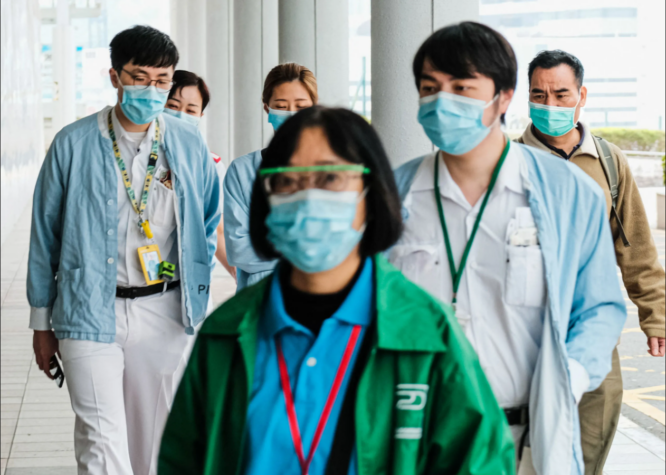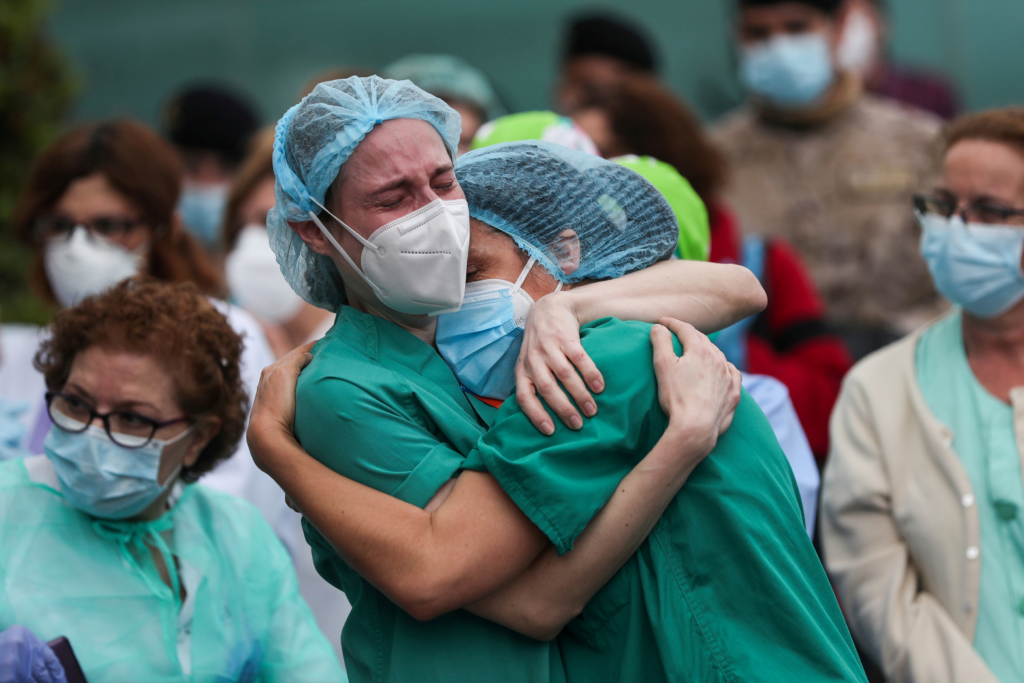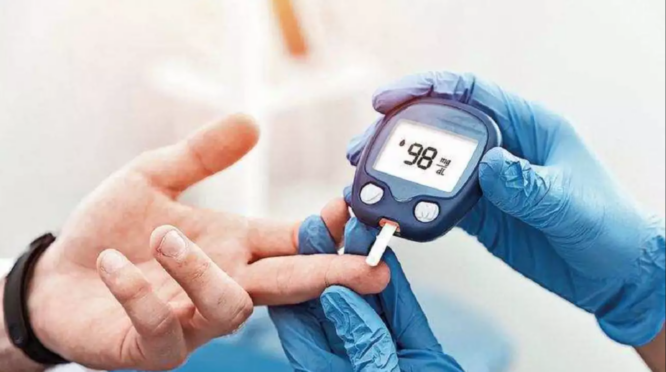
As the epidemic ends, state leaders honor healthcare workers 2023
Sanjh
- 0
As the COVID-19 pandemic winds down, state officials in Illinois honored the healthcare workers who fought the virus during the pandemic.
In March of 2020, Governor J.B. Pritzker issued his first pandemic disaster declaration. The measures included stay-at-home orders, the closure of businesses and institutions, and the requirement of masks and vaccinations for some employees.
Thursday marked the conclusion of the governor’s executive orders, signaling the end of the declared public health emergency.
Pritzker stated, “Today, we reach a significant milestone in our fight to protect Illinoisans from the life-altering COVID-19 pandemic.” The public health emergencies declared at the state and national levels more than three years ago are ending.

The catastrophe declarations issued during the pandemic lasted more than three years. In Illinois, the Pritzker administration has reported over 4 million COVID-19 cases and over 36,000 COVID-19-related fatalities during this time period.
The governor thanked the healthcare professionals involved in the pandemic fight.
Pritzker stated, “As we celebrate public health and health care hero day, I want to extend a special thank you to those who courageously chose to care for people and for the work you do to save lives and care for those who may be ill.”
He stated that Illinois would not be where it is today without its diligent labor.
“It was thanks to you that we were able to overcome the darkest days of the pandemic,” Pritzker stated. “You risked your own safety to provide care to hundreds of thousands of Illinoisans in hospitals across the state during a time when our ICU wards were overwhelmed, and you mobilized to deliver life-saving vaccinations to people in all 102 counties.”
Dr. Sameer Vohra, who succeeded Dr. Ngozi Ezike as director of the Illinois Department of Public Health earlier this year, also thanked the employees.
“Their bravery and fortitude in the face of this overwhelming public health crisis is a gift to cherish and appreciate,” Vohra stated. “As we write the next chapters in the history of public health in Illinois, we look forward to their continued leadership and guidance in helping to address inequities and promote health throughout our great state.”
Prairie Cardiovascular According to Dr. Brian Miller, Illinois healthcare employees remained on top of the virus and positioned themselves for success through their work.

“By February, we had established our infrastructure and were prepared for whatever was to come. Then, in mid-March, it struck,” said Miller. We were prepared, our response team was available, and we were prepared to engage the enemy wherever they were.
Miller also discussed the sacrifices made by health care employees.
“We would go a week without sleeping more than ten hours. You had to do it. “That was the way things were,” Miller stated. The objective was to safeguard the medical infrastructure, respond to the maladies, care for the people, and save as many lives as possible.
Pritzker issued a total of 42 disaster proclamations in relation to COVID-19, and the state’s public and private sectors received nearly $107 billion in federally funded aid.
Facebook Twitter Email PrintCopy URL to article Save


